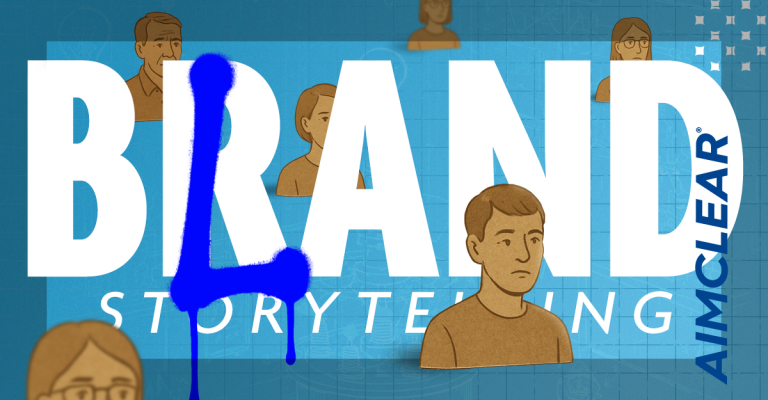 This is a guest post from Joe Lucas, who many of you know as one of the talented ClickTracks Analytics (now owned by Lyris) Pro Services engineers. Joe is a bright technical mind in the conversion tracking analytics business. We’re pleased to have his take on Knol along with Google’s experimental Personalized Page Rank.
This is a guest post from Joe Lucas, who many of you know as one of the talented ClickTracks Analytics (now owned by Lyris) Pro Services engineers. Joe is a bright technical mind in the conversion tracking analytics business. We’re pleased to have his take on Knol along with Google’s experimental Personalized Page Rank.
Knol & Personalized Page Rank: Incursions or Future Google SEM Essentials? Joe Lucas—In recent weeks Google has made several well publicized product announcements that may cause alarm for some. Others are quietly optimistic. Two of the more significant unveilings were Google Knol and Google’s Personalized Page Ranking. On the surface these 2 offerings seem like only slight departures from Google’s traditional model. Are they aggressive incursions or, under the right circumstances, could they turn out to be utterly amazing new marketing tools? Regardless, they are fascinating plays from Google.
Google Knol is a product that seeks to make sharing knowledge easier for authoritative sources. Essentially, it’d be like a Wikipedia with bylines. When this was first announced there was a lot of criticism over what appeared like Google going after Wikipedia, which may not be the case at all. There’s a definite benefit to a true open knowledge base and Knol does not try to solve this conundrum. I think it simply provides another method of content creation. It may be no more complicated than that.
The “alarming” trend in this announcement is Google transitioning into publishing content rather than organizing it. By itself Knol is a vessel for authoritative authors to publish content, however at some level Google will need to vet content and make editorial decisions about said content. If they don’t do this Knol may have a limited life span and would relegate itself to non-verifiable JunkPedia. So the question then becomes why would Google risk this?
The answer may lie in Google’s core business model, advertising. Google’s content ad program isn’t very good. I think most PPC practitioners out there would agree. It’s also a huge source of click fraud (in part due to link farms), which leaves many marketers weary about enabling content network ads.
If Google controls the content then the platform becomes more viable, more fertile content network bait. It’s a no-brainer that Knol could be a great new channel for sites disseminate their message to a targeted audience. Another attribute of Knol author-appeal might be a greater share of Adsense revenue for ads that appear within articles. The side effect of this, in my opinion, could be content ads that have a greater value to advertisers.
The other announcement regards Google’s experimental program which allows users to re order search results. As of this writing I haven’t seen anything to indicate that the re ordered results would effect actual future results, however Google’s personalized search feature could be tied in. These two features strike fear into the hearts of some SEO practitioners and on the surface it does seem pretty alarming. However, viewed in the right context I they could turn out to be a useful tools.
In the world of web analytics there’s very little that we can offer to answer the “why.” We can certainly make assumptions based on a lot of different data points that we can look at to try and ascertain why a particular group of people did or didn’t do a certain action. If Google enables this feature along with an API that we can use to see how many times a person re ordered our listing, I think this becomes an invaluable tool.
Google is at yet another crossroads and they have an opportunity to improve the online business environment or do irreparable harm to the ecosystem. Hopefully they do no evil.








